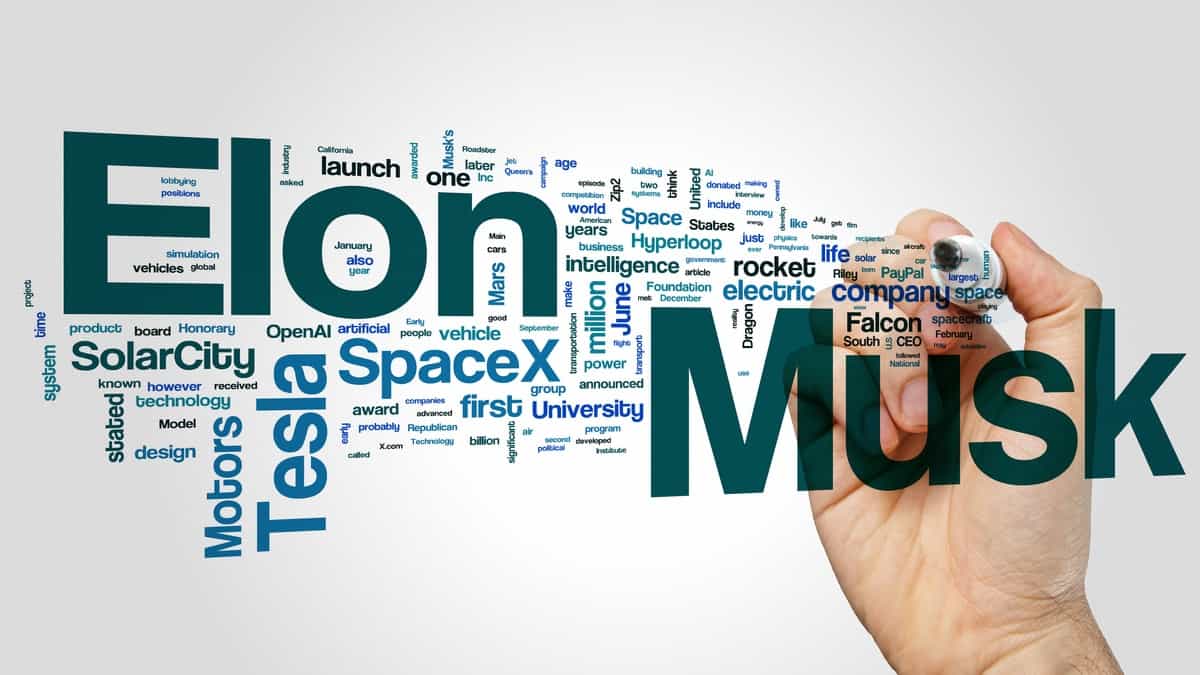As nations strive to lessen the environmental effects of transportation, the adoption of electric vehicles has truly surged in recent years. According to the head of equity strategy at Saxo Bank, Elon Musk’s recent remarks on the need for extra oil and gas reflect larger distress that rising electricity costs may hinder electric vehicle adoption, as CNBCreported.
On Tuesday morning, Peter Garnry indicated there will be challenges for automakers in his appearance on CNBC’s “Street Signs Europe.”
“We see that in the 12 month trailing auto sales figures coming out of the U.S. and Europe — they’re coming down and they’re coming down pretty hard in Europe.”
Garnry also commented on the electric vehicle market, noting that while it was still growing quickly, there were also some possible problem areas.
“I don’t think it was a coincidence that you had Elon Musk in Stavanger, in Norway, talking about ‘please don’t decommission any more nuclear power plants’, you know … ‘we need oil and gas to do the clean transition, we need that bridge.'”
“And I think he’s very well aware that you cannot sell a lot of electrical vehicles with electricity prices going through the roof right now.”
“I mean, the cost advantage for electric vehicles versus a gasoline car is fast diminishing here in Europe, and I’m really wondering to what degree that will begin to impact sales for EVs.”
The views expressed by Garnry are in reference to a recent interview Musk delivered at the ONS 2022 Conference in Norway, during which he expressed his views on fossil fuels and broader decarbonization.
“I, actually, am not someone who would tend to, sort of, demonize oil and gas, to be clear,” Tesla CEO Elon Musk said. “This is necessary right now, or civilization could not function.”
“And … at this time, I think we actually need more oil and gas, not less, but simultaneously moving as fast as we can to a sustainable energy economy,” He added.
Musk, who also stressed the importance of renewables such as hydro, solar, geothermal, and wind, later described himself as “pro nuclear” and said, “we should really keep going with the nuclear plants.”
In addition, there have been worries in some sectors that the increasingly high cost of charging an EV may deter customer adoption. This could also be further worsened as European nations deal with an energy crisis and rising costs in the coming months.
Recently, there have been numerous arguments in the United Kingdom concerning the cost of charging an electric vehicle, particularly when regulator Ofgem raised the energy price cap.
Nonetheless, the entire impact of Ofgem’s decision is yet unknown as the UK’s incoming Prime Minister, Liz Truss, is expected to launch a support package to resolve the cost-of-living crisis shortly.
For reference, A RAC spokeswoman provided an overview of the current situation in the years prior to the introduction of the new pricing cap.
“Despite recent falls in the price of petrol [gasoline] and diesel, the cost of charging at home is still good value compared to paying for either fuel, but again underlines just how the rising cost of electricity is affecting so many areas of people’s lives,” Rod Dennis said.
“We’re also aware that public chargepoint operators are having no choice but to increase their prices to reflect the rising wholesale costs they’re faced with, which will heavily impact drivers who have no choice other than to charge up away from home,” Dennis added.
The Society of Motor Manufacturers and Traders reported on Monday that new registrations for battery electric vehicles in the UK reached 10,006 in August 2022, an increase of 35.4% year over year. While the SMMT stated that “at the end of Q1, BEV registrations had been up by 101.9%,” it also highlighted that “growth in this segment is slowing, with a year-to-date increase of 48.8%.”
However, Garnry of Saxo Bank emphasized that there will be setbacks concerning the longer-term forecast.
“If you look from mid-2008 to late 2020, that was a 12 year long bull market for intangible driven industries — so software, health care, media and entertainment, etcetera.”
“Since the vaccines were announced in November 2020, we have seen the tangible world come back,” Garnry said, talking about car manufacturers and commodity companies.
“They sit in the physical world … and we think the next eight years will … mean a lot of positive tailwind[s] for these tangible companies, but there will be a pretty, pretty nasty adjustment period going ahead for this industry, unfortunately,” he explained.
It is understandable if potential electric vehicle buyers changed their minds, as one of the factors in deciding to switch to EV is the rising cost of power, which is crucial for EV charging.

